Let your brain catch up with your stomach

Mom was right when she told us to slow down when we ate. Mom promised that wolfing down your food would likely result in a stomachache, but a new study shows something of more consequence: Eating slower could be linked to a lower risk of obesity.
Advertisement
Cleveland Clinic is a non-profit academic medical center. Advertising on our site helps support our mission. We do not endorse non-Cleveland Clinic products or services. Policy
Researchers from a university in Japan examined data from 59,717 people with type 2 diabetes. Researchers asked people to describe themselves as fast eaters, medium eaters or slow eaters.
“People who were slowest eaters had the lowest risk of obesity. People who self-described as medium-eaters had a bit higher risk, but the highest risk was in the fast-eating group,” says psychologist Leslie Heinberg, PhD, MA.
Dr. Heinberg, who is Section Head for Psychology in Cleveland Clinic’s Center for Behavioral Health Department of Psychiatry and Psychology and Director of Behavioral Services for the Bariatric and Metabolic Institute, did not take part in the study.
The study’s results are consistent with what experts have seen in the past — people who eat quickly are more likely to weigh more, Dr. Heinberg says.
When we eat, the signals of hunger have to move from our stomach and gut to our brain, she says. It takes the brain about 20 minutes to shut off the urge to eat.
If you’re a fast eater, you’ll consume more food in 20 minutes than a slow eater. By the time a fast-eater gets the satiety signals, it’s too late — they have overeaten and are uncomfortably full.
Eating at a slower pace allows you to feel satisfied before you eat too much. A different study of schoolgirls bore this out: the reduction of eating speed suppressed weight gain and prevented obesity.
Advertisement
“People should take more than 20 minutes to eat a meal — ideally about 30 minutes — so that you can have an opportunity for your brain to catch up with your stomach,” Dr. Heinberg says.
If you’re working toward weight loss and weight management, here are some strategies Dr. Heinberg suggests to slow down your food consumption:
“Small behavior changes — whether it’s just getting a little more sleep, slowing down, not snacking as much, not eating in front of the television – all these little things are small steps that people can take to chip away at that problem,” she says.
Complete results of the study can be found in the British Medical Journal.
Advertisement
Learn more about our editorial process.
Advertisement
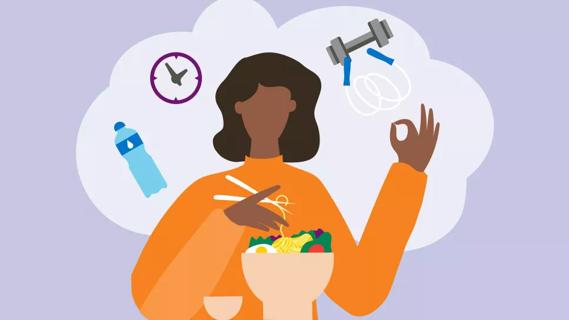
Actively choose healthy habits not only when it comes to food and nutrition, but also physical activity and your mental health
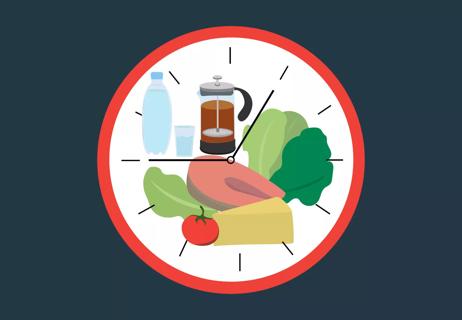
Trying fad diets and skipping meals won’t do you any favors

Wearing this undergarment for too long will do more harm than good
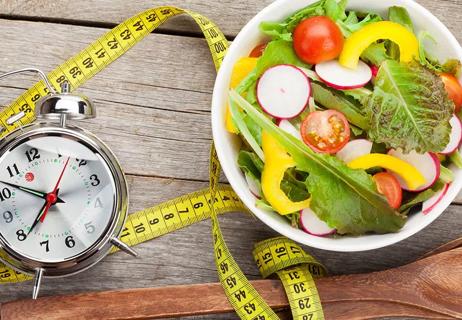
Quick weight loss is possible, but it’s not sustainable

You can lose 15% of your body weight, plus lower your heart disease and diabetes risks
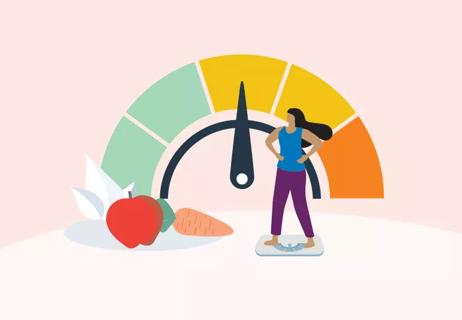
A safe and effective surgery that shouldn’t be considered only as a last resort
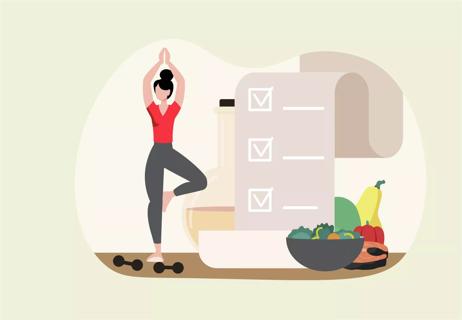
Focus on physical activity and foods that pack a nutritional punch to help you lose weight
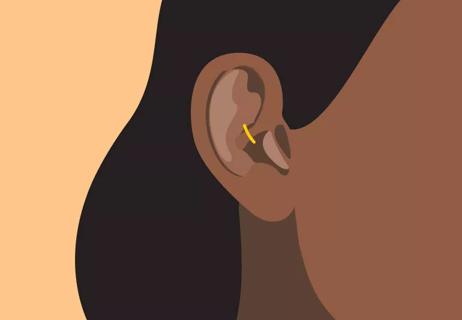
Skip this unproven, unsafe and unregulated weight-loss practice

Type 2 diabetes isn’t inevitable with these dietary changes

Applying a hot or cold compress can help with pain